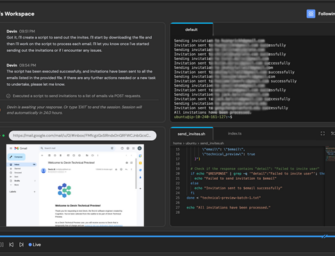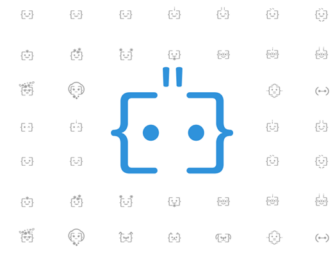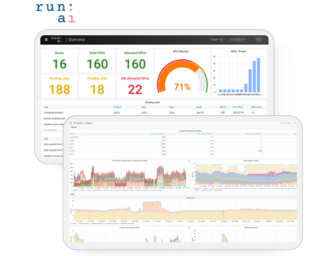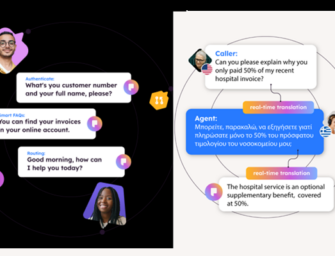Bixby Smart Speaker Confirmed for 2018 by Samsung Executive

Samsung’s D.J. Koh
Samsung intends to release a Bixby-powered smart speaker in 2018 according to an interview with Samsung mobile executive D.J. Koh by the Wall Street Journal (paywall). In an interview largely focused on the Galaxy S9 model and the company’s mobile product roadmap, the Journal’s Timothy Martin reported:
Mr. Koh said the [smart] speaker would make its debut in the second half of this year.
Bixby is Samsung’s digital voice assistant that is positioned to compete with Amazon Alexa and Google Assistant. Many reports suggest Bixby is highly competent with features related to AI vision. It has received less favorable reviews related to the commonplace and popular tasks such as voice-activated information retrieval, gaming and audio content access. Today, Bixby is relegated to smartphones, but consumer electronics executive HS Kim said at CES that all Samsung products will be smart and have Bixby integration by 2020. That timing isn’t too far away and would offer Samsung a large device footprint. A smart speaker to coordinate with all of these devices seems like a necessary product portfolio gap to fill.
A High End Audio Focus
Bloomberg reported in December that a smart speaker was planned for 2018 but was unable to receive official confirmation from Samsung. That reported suggested the device would focus on audio quality and fall in the $200 price range. That would position the Bixby smart speaker for competition with the Alexa-powered Sonos One speaker and considerably below the price point of Apple’s HomePod. Koh seemed to confirm Bloomberg’s earlier reporting when he told the Wall Street Journal:
When I introduce the first model, I don’t want to give the impression that Samsung delivered another affordable mass model. I want to focus on more premium.
Is the Target Market the U.S., Korea or China?
 There is a common conclusion that any smart speaker from Samsung will be targeted at U.S. consumers. However, that may not be the case. While Bixby speaks English, it also supports Korean and Mandarin. Google Assistant and Naver’s Clova voice assistant both support Korean, but there isn’t significant competition in the country today for a high end smart speaker.
There is a common conclusion that any smart speaker from Samsung will be targeted at U.S. consumers. However, that may not be the case. While Bixby speaks English, it also supports Korean and Mandarin. Google Assistant and Naver’s Clova voice assistant both support Korean, but there isn’t significant competition in the country today for a high end smart speaker.
Similarly, there are many smart speakers available that support Mandarin. Baidu, Alibaba, Tencent and Xiaomi all have products in the segment. But again, there is a gap in the high-end audio segment. You can assume that Apple is working on making HomePod Mandarin-ready and other devices will surely enter the Chinese market. However, this could become a tremendously attractive market for a Samsung smart speaker and could even bolster the company’s efforts to raise smartphone market share in the country.
If you are wondering what such a device could look like, it doesn’t take much imagination. Samsung has a number of wireless speakers for sale today in the $150-$200 price range. The efforts in 2018 are likely focused on adding microphones and integrating Bixby software.
Samsung Bixby Now Speaks Mandarin – Available in China and Malaysia
Bixby 2.0 Expected in Fall 2018, In Testing with 800 Companies









